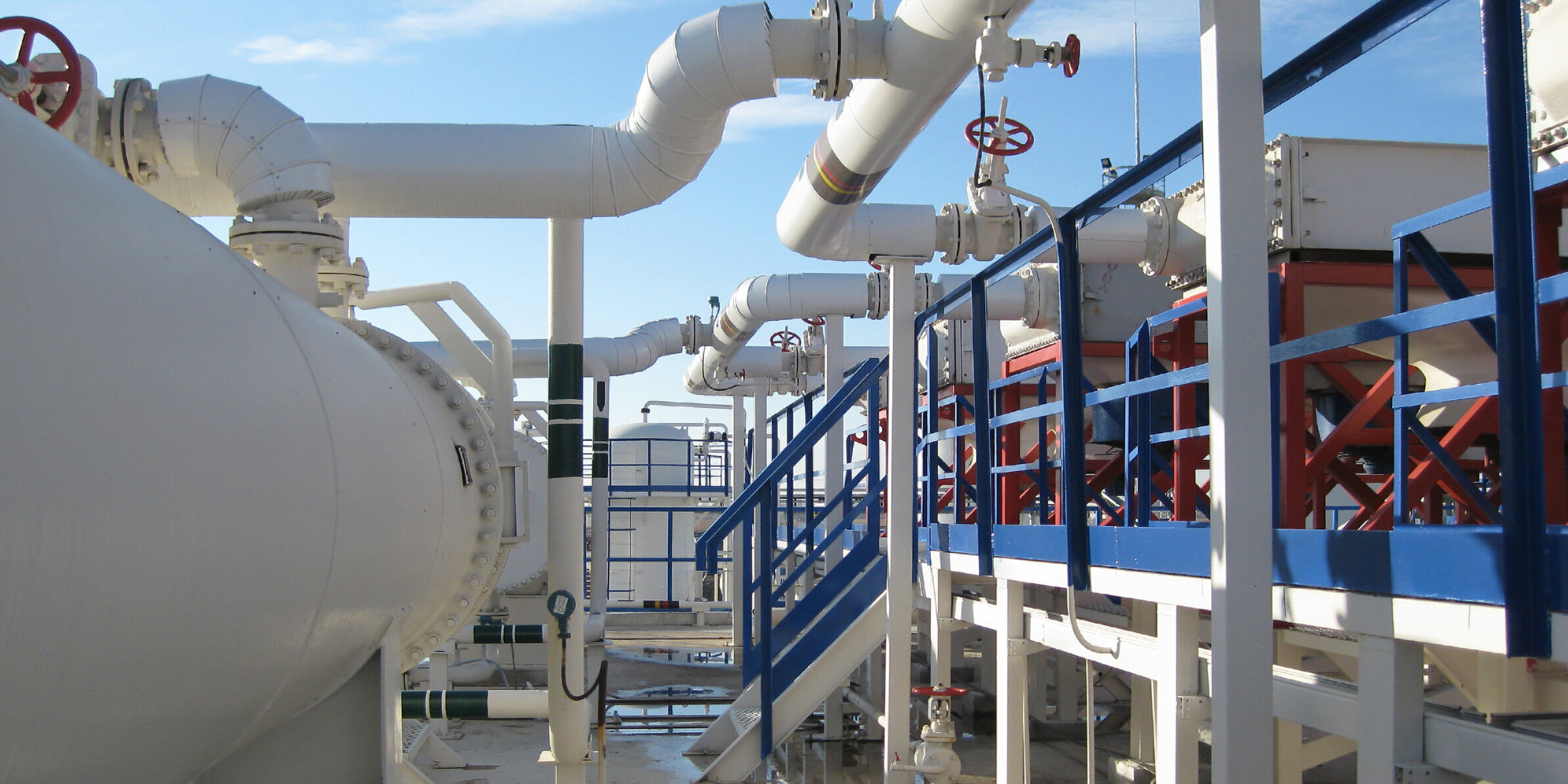
©Adobe Stock/484778357
Automation and digitalisation of testing and service equipment
CHALLENGE #1
Time-consuming and error-prone manual audit process that affects quality and reliability.
CHALLENGE #2
Manual documentation that makes it difficult to trace and analyse the test data.
CHALLENGE #3
Lack of integration in digital systems, leading to inefficient communication and complex coordination of work steps.
About the project
Project objectives
The project aims to fully automate and digitalise the commissioning and testing processes for service equipment. The aim is to develop modern automation solutions to increase the efficiency and productivity of assembly, improve working conditions for staff and reduce the vulnerability of processes to errors. The integration of these solutions into testing and commissioning processes aims to minimise manual activities and replace them with automated processes, thus increasing efficiency.
Automation enables a more efficient use of human and machine resources: Less staff is needed for repetitive and stressful activities, while the machinery is used to the best. The freed-up capacity can be used for more demanding and value-adding activities, leading to a significant increase in productivity. In addition, the reduction of physically demanding activities reduces the risk of work-related injuries and fatigue. Ergonomic workplaces and automated tools promote workers’ health and well-being.
In addition, automation minimises human sources of error and increases process stability. Automated testing methods consistently provide accurate and reliable results, thus increasing product quality. At the same time, the digitalisation of the processes provides all relevant data.
Baseline
The installation of equipment (especially during testing/commissioning) showed a low degree of automation at the start of the project. To date, one person manually carried out the process. A handwritten record was kept to record the commissioning and testing process.
The mostly manual audit process was time-consuming and prone to error, affecting quality and reliability. Manual documentation also made it difficult to trace and analyse the data. The lack of integration into the company’s digital systems led to inefficient communication, delays and increased complexity in coordinating work steps.
The use of automation solutions can increase productivity, use resources more efficiently and improve working conditions. The efficient use of human resources is crucial for the productivity of small and medium-sized enterprises, especially in the context of skills shortages. Increasing market requirements also require modernisation of testing processes to ensure quality and competitiveness. The optimisation and automation of audit processes were therefore identified as a critical point.

©Adobe Stock
DESCRIPTION OF COMPANY

Direct and simple communication with the project team allowed solutions to be discussed efficiently and optimisation steps to be taken quickly. This was a great advantage of cooperation. In addition, it was a great added value for us that, with the support of the EDIH Team, we could achieve a technology-neutral and manufacturer-neutral solution for digitalisation.
Dr Klaus Jostschulte
Technical manager DILO Armaturen and Anlagen GmbH

Approach
The project identified potentials such as automated testing procedures via SPS, use of RFID/barcode with product information, shreduling, parallelisation, integration into the ERP system and automatic creation of test protocols. These measures allow for efficiency gains, cost savings and quality improvements.
Manual processes such as adjustment of pressure via ball taps, retrofitting of hose connections and manual intervention at the pressure relief device can be automated by “smart” ball taps, valve insulators and process adaptations. These technologies enable full automation and digitalisation of the testing process, which can be seamlessly integrated into existing systems to achieve maximum efficiency, quality and process stability.
An action plan with concrete recommendations has been derived, including SPS-based testing, use of MES, digitised/IoT-enabled equipment and timing. SPS-based testing ensures standardised processes, reduces errors, increases productivity and improves ergonomics. MES and digital assets enable the interconnection, data exchange and digital logging of the testing processes. Scheduling optimises the processes by minimising the flow-through time and making more efficient use of inputs.
Result of the project
As part of the project, a concrete action plan and a vision was developed for DILO Armaturen and Anlagen GmbH in order to make the company future and competitive in the field of automation and digitalisation. The plan provides concrete recommendations for the implementation of modern technologies that increase efficiency, make best use of resources and improve product quality.
The vision outlines a clear vision of future production and testing processes with seamlessly integrated automated processes and digital connectivity. It shows how SPS-led testing processes, the integration of MES systems and the use of IoT-capable inputs can significantly increase productivity and improve staff working conditions.
The results allow DILO to make effective use of the identified potentials, to respond flexibly to market requirements and to continuously improve process stability and product quality. This strengthens the company’s competitive position and prepares it optimally for the requirements of Industry 4.0.
Main lessons learned from the project
This is what DILO Armaturen und Anlagen GmbH says about cooperation with the Saarland EDIH and Small and Medium-Sized Digital Centre Saarbrücken
The support provided by the digitalisation project has been instrumental in bringing us forward with our digitalisation project.
Other digitalisation projects were subsequently addressed.
New innovative ideas for follow-up have emerged from the digitalisation project.
The project has helped to make our company fit for the future.
Our expectations for the project have been met.
We are very satisfied with the outcome of the project.
We recommend the project implementers to continue.
In cooperation with:








